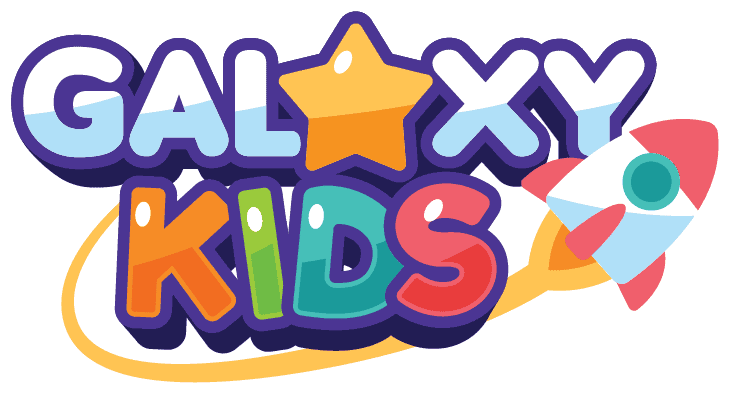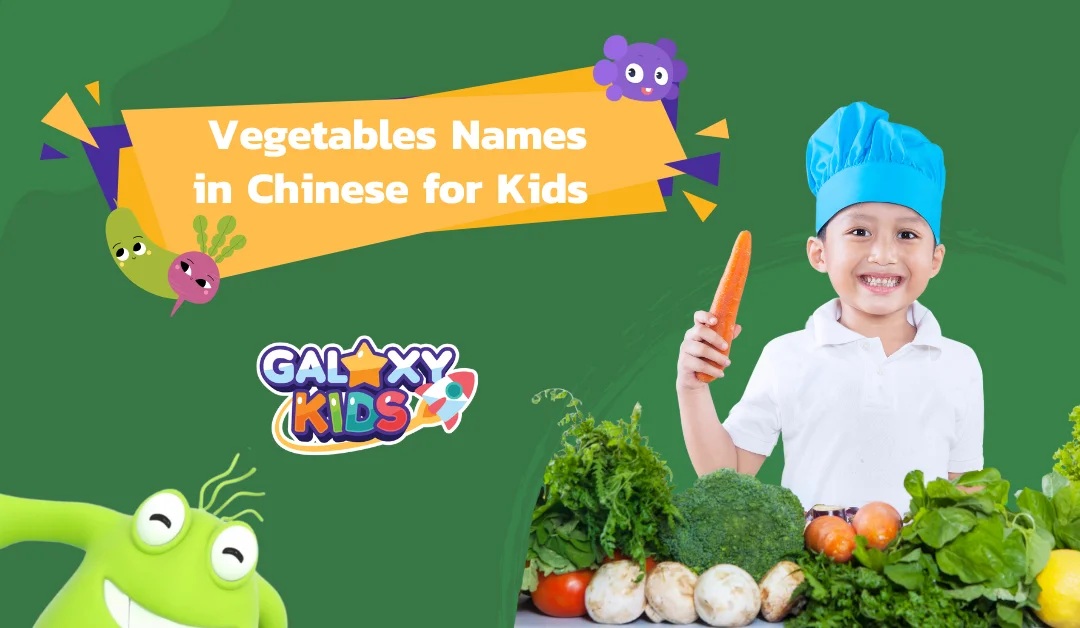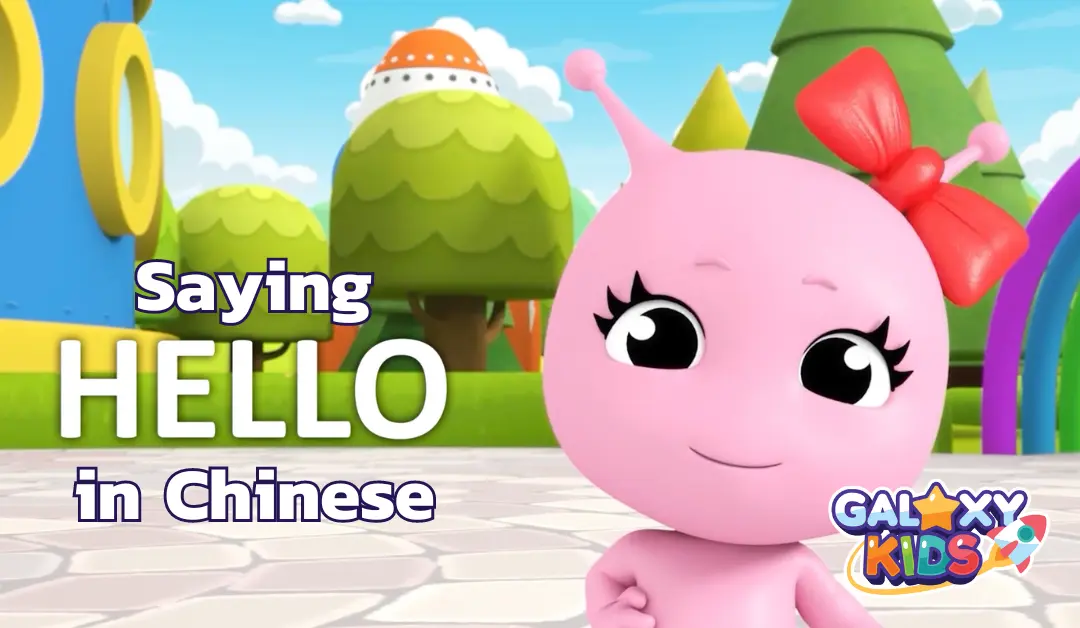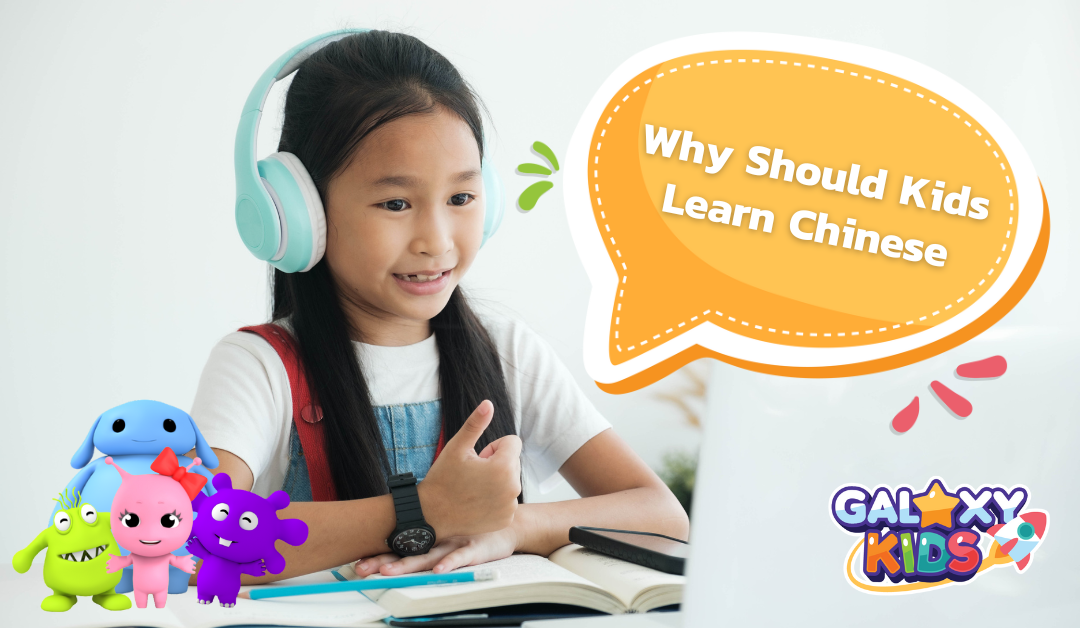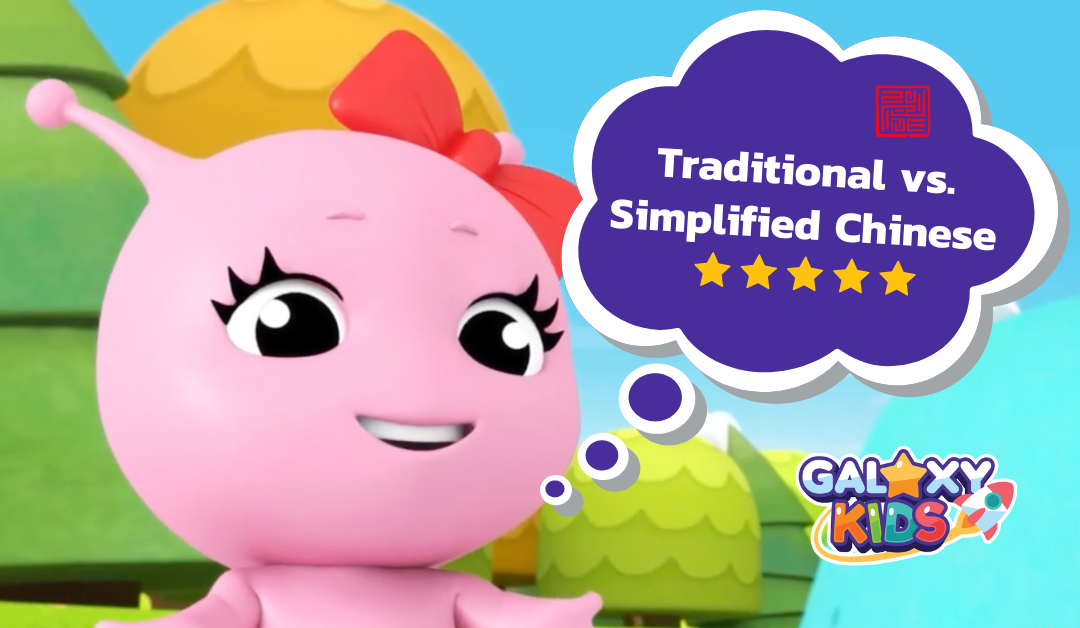Immigrating to a new country is a life-altering experience, presenting both challenges and opportunities for individuals and their families. For Chinese immigrants settling in America, preserving their cultural heritage becomes an essential task. In this blog, we will explore why it is crucial for Chinese immigrant families to continue teaching their children Chinese language, Chinese culture, a second language, and Chinese words. By doing so, they can maintain their cultural identity, strengthen family bonds, broaden career opportunities, nurture cultural appreciation and understanding, and maintain connections with their homeland.
Preserving Cultural Identity: Culture serves as the bedrock of one’s identity, and for Chinese immigrants, maintaining their cultural identity becomes even more crucial. By passing down the Chinese language to their children, immigrant families ensure that future generations remain connected to their roots and heritage. Language serves as a bridge between generations, enabling communication and understanding of familial and cultural traditions. It helps Chinese immigrant children embrace their cultural identity with pride and allows them to participate fully in family celebrations and traditions.
Strengthening Family Bonds: Language plays a pivotal role in strengthening family bonds. By teaching their children Chinese, immigrant parents create a common thread that binds the family together. Speaking Chinese at home fosters a sense of belonging and facilitates meaningful communication among family members. Children who can speak their parents’ native language are better equipped to understand family stories, connect with their grandparents, and participate actively in cultural celebrations. This, in turn, reinforces familial ties and builds a strong support system that helps immigrant families navigate the challenges of adapting to a new culture.
Broadening Career Opportunities: In today’s globalized world, being bilingual or multilingual offers a wide range of advantages, both personally and professionally. By teaching their children Chinese language, culture, and a second language, Chinese immigrant families equip their children with a valuable skill set that can open doors to diverse career opportunities. China’s growing global influence and economic significance make proficiency in Chinese language and culture highly sought after in fields such as business, international relations, translation, and cultural exchange. By preserving their cultural heritage and language, immigrant families ensure that their children are well-prepared to succeed in a globally interconnected society.
Nurturing Cultural Appreciation and Understanding: Teaching children about their cultural heritage fosters cultural appreciation and understanding, both within the family and in the wider society. By exposing their children to Chinese language, culture, and traditions, immigrant families instill in them a deep appreciation for their own heritage and respect for diverse cultures. Bilingual children often develop empathy, open-mindedness, and a global perspective. They understand that there is more than one way to view the world and are better equipped to navigate multicultural environments. This contributes to a more inclusive and harmonious society where diverse perspectives are valued and celebrated.
Maintaining Connections with Homeland: Leaving one’s homeland and settling in a new country often involves sacrifice and a longing for the familiar. By teaching their children Chinese language and culture, immigrant families bridge the gap between the host country and their homeland. Chinese immigrant children who can communicate in Chinese maintain important connections with extended family and friends, even if they are geographically distant. Preserving the language allows them to understand their heritage, appreciate the richness of their ancestral culture, and pass down cultural traditions to future generations. This connection with their homeland helps alleviate the emotional burden of separation and ensures that Chinese immigrant families stay rooted in their cultural heritage.
Preserving Cultural Heritage and Traditions: Preserving cultural heritage and traditions is a way of honoring one’s ancestors and passing on a rich legacy to future generations. For Chinese immigrant families, teaching their children Chinese language, culture, a second language, and Chinese words becomes a means of preserving their cultural heritage and ensuring that important traditions are not lost. From celebrating Chinese New Year to practicing traditional customs and rituals, passing down these cultural practices helps Chinese immigrant children develop a strong sense of identity and pride in their heritage.
Language as a Cultural Window: Language is not just a means of communication; it is a window into a culture’s values, history, and worldview. By teaching Chinese language and culture to their children, Chinese immigrant families offer them a deep understanding of Chinese traditions, literature, art, and philosophy. Through language, children can explore the rich tapestry of Chinese history, delve into classical literature such as the works of Confucius and Laozi, and appreciate the nuanced beauty of Chinese poetry. This immersion in language and culture nurtures a holistic understanding of their heritage.
Preserving the Intergenerational Connection: Language is an essential tool for preserving the intergenerational connection within families. Chinese immigrant children who can speak Chinese can communicate effectively with their grandparents and other older family members who may not be fluent in English. This connection allows for the exchange of wisdom, stories, and life experiences, bridging the generational gap and fostering a deeper bond between grandparents and grandchildren. Furthermore, the passing down of Chinese language and cultural traditions reinforces the idea that family values and heritage are essential aspects of their identity.
Enhanced Cognitive Abilities: Bilingualism or multilingualism has been shown to have cognitive benefits for individuals, including improved problem-solving skills, enhanced creativity, and increased mental flexibility. By teaching their children Chinese language, culture, a second language, and Chinese words, Chinese immigrant families provide them with a unique cognitive advantage. Growing up with multiple languages and exposure to different cultural contexts expands their minds and broadens their perspectives. These cognitive skills can be applied across various academic and professional pursuits, leading to greater adaptability and success in a rapidly evolving world.
Cultural Diplomacy and Global Understanding: In an era of increasing global interconnectedness, the ability to understand and engage with diverse cultures is highly valued. Chinese immigrant children who are proficient in Chinese language and culture become cultural ambassadors, fostering understanding and building bridges between different communities. By sharing their knowledge and insights about Chinese language, culture, and traditions, they contribute to the promotion of cultural diversity and a more inclusive society. These cross-cultural connections are vital for creating a peaceful and harmonious world.
Preserving Cultural Diversity: Preserving Chinese language, culture, a second language, and Chinese words within Chinese immigrant families contributes to the preservation of cultural diversity in America. Embracing and celebrating different cultural backgrounds enriches the fabric of society and encourages mutual respect and appreciation. Chinese immigrants play a crucial role in creating a multicultural landscape where the contributions of various cultures are recognized and valued.
Teaching Chinese language, culture, a second language, and Chinese words to Chinese immigrant children in America is essential for preserving their cultural heritage, strengthening family bonds, enhancing career opportunities, fostering cultural appreciation, and maintaining connections with their homeland. It allows them to carry their heritage with pride while embracing the opportunities and experiences of their new country. By preserving their cultural identity, Chinese immigrant families contribute to a more inclusive and diverse society that cherishes the value of cultural heritage and embraces the richness of global perspectives. Let us continue to pass on the language, culture, and traditions of China to future generations, ensuring that our cultural heritage remains alive and vibrant in the hearts and minds of Chinese immigrants in America. To give children a head start, utilize Galaxy Kids AI-powered speaking app to help children start speaking and developing an interest in the Chinese language.
Note: If you have any questions or would like further guidance on supporting your child’s Chinese language learning journey, feel free to reach out to us at [email protected] We are here to assist you every step of the way.
